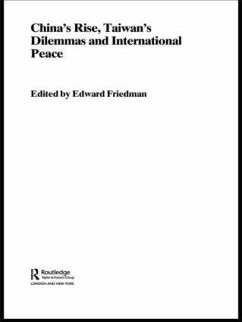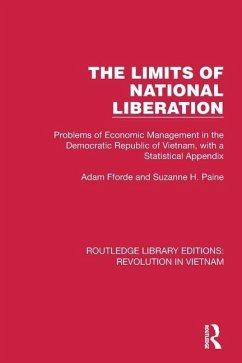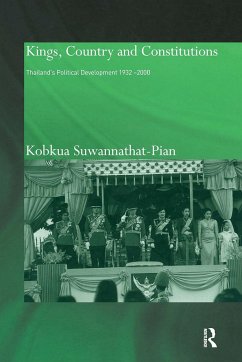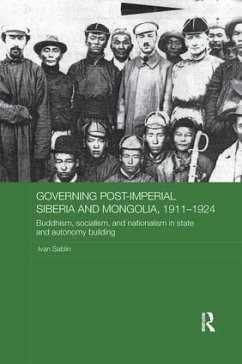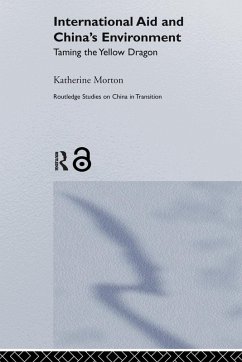
Xinjiang
China's Muslim Far Northwest
Versandkostenfrei!
Versandfertig in 1-2 Wochen
70,99 €
inkl. MwSt.
Weitere Ausgaben:

PAYBACK Punkte
35 °P sammeln!
Xinjiang, the nominally autonomous region in China's far northwest, is of increasing international strategic and economic importance. With a population which is mainly non-Chinese and Muslim, there are powerful forces for autonomy, and independence, in Xinjiang. This book provides a comprehensive overview of Xinjiang. It introduces Xinjiang's history, economy and society, and above all outlines the political and religious opposition by the Uyghur and other Turkic peoples of Xinjiang to Chinese Communist rule.






